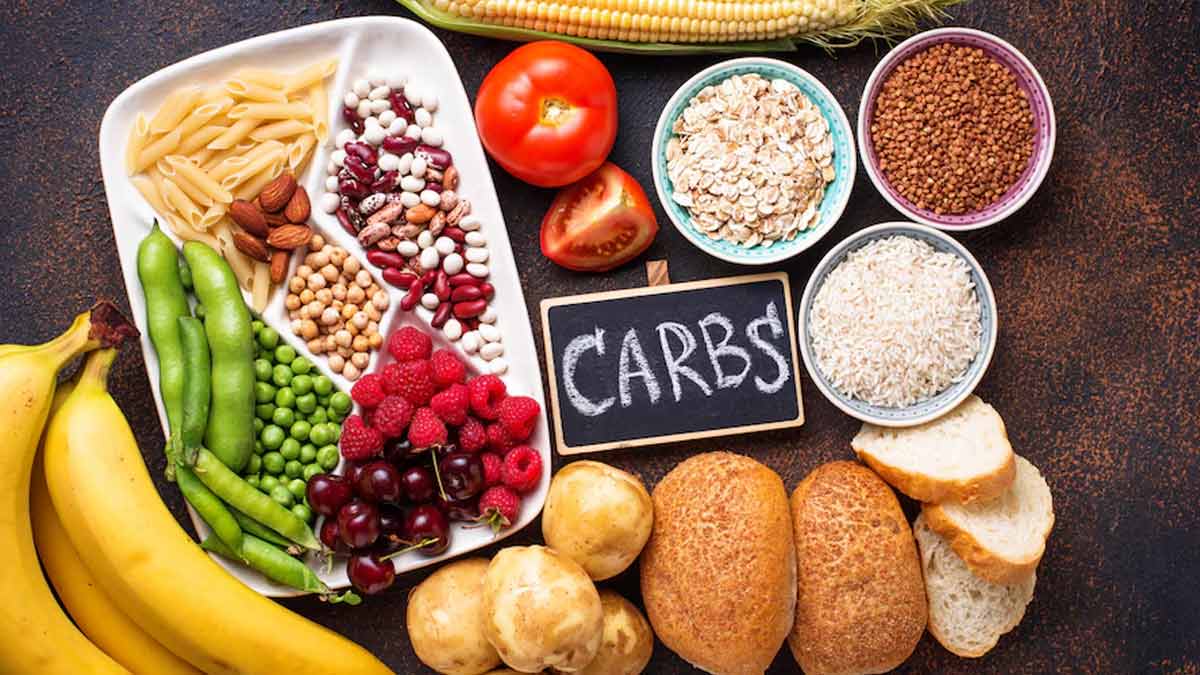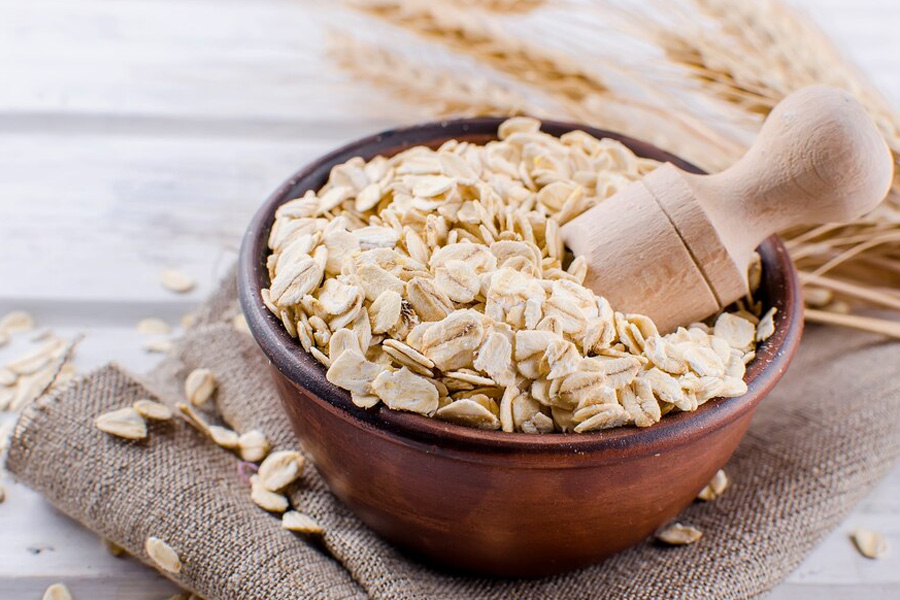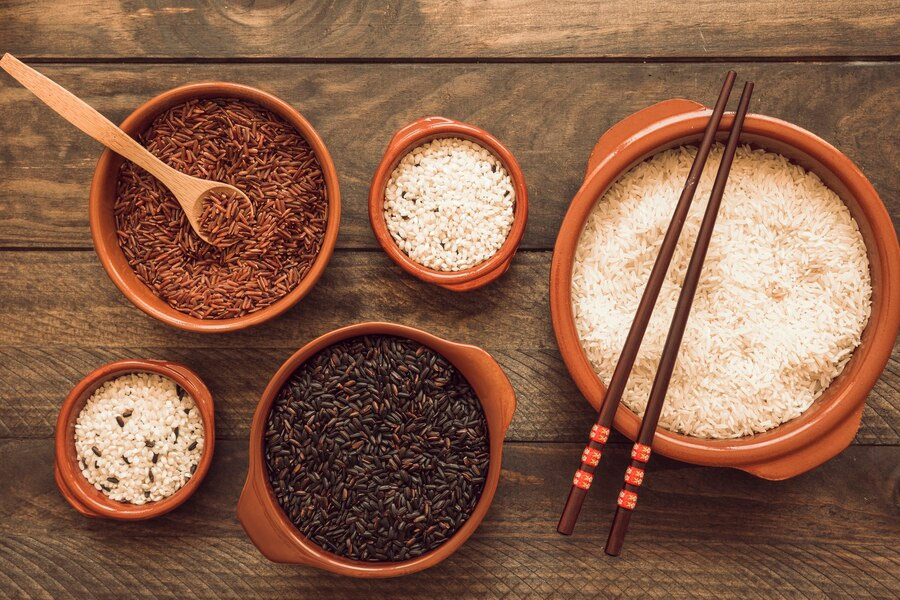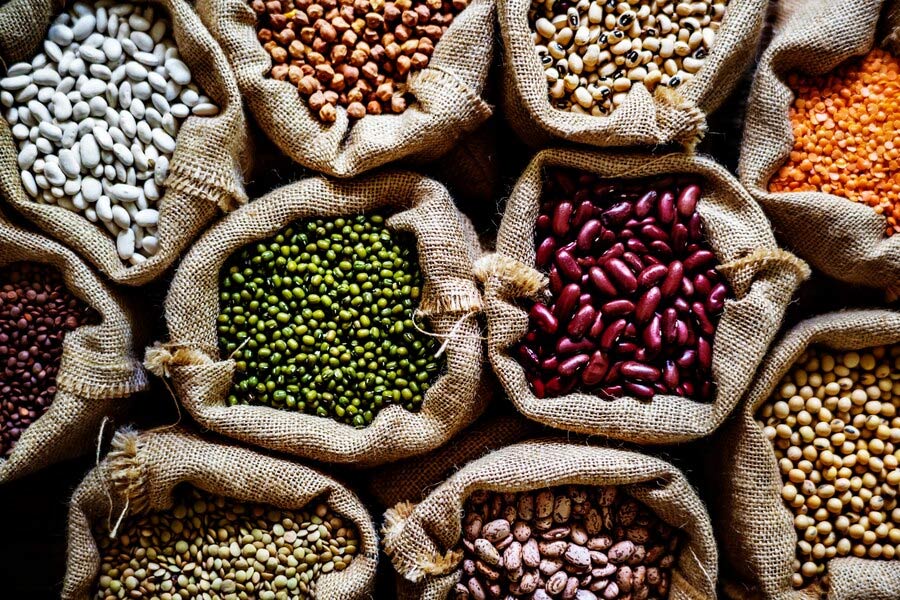
Most people with diabetes are alarmed when they hear about carbohydrates in their diet. This is primarily because excessive carbohydrate intake can cause blood sugar levels to spike. However, it's important to recognise that carbohydrates are a vital part of a balanced diet and a major source of energy, even for those managing diabetes. What many people may not realise is that there are two types of carbohydrates: simple and complex. While simple carbs are quickly broken down by the body, leading to rapid increases in blood sugar, complex carbs are digested more slowly, leading to a more gradual rise in blood sugar.
Table of Content:-
For diabetes patients, it is crucial that they adequately and moderately consume complex carbs, which can help provide them with necessary nutrients while also maintaining stable blood sugar levels. Listed below are foods that diabetes patients can include in their diet.
Also Read: Can Eating Rice Daily Increase The Risk Of Type 2 Diabetes? Let’s Know From Expert
Oats

Oats are a healthy breakfast option, but they can also be had anytime in the day. It is a good source of soluble fibre, which can slow down the absorption of sugar and help maintain steady blood sugar levels. Moreover, it is a heart-healthy option that helps lower blood cholesterol levels in people, making it the perfect food choice for older adults and those with pre-existing chronic conditions.
Sweet Potatoes
Sweet potatoes are considered one of the most nutrient-rich winter superfoods. While it is sweet in taste, it is considered safe for diabetes patients. This is because sweet potatoes are rich in fibre and vitamins and have a lower glycaemic index (GI) compared to regular potatoes. GI is used to measure the speed at which your food can raise your blood sugar levels. According to Medical News Today, the GI scores range as follows:
- Low-GI foods: 55 or less
- Medium GI foods: 56–69
- High-GI foods: 70 or above
Brown Rice

As compared to white rice, brown rice has a lower GI. This means that brown rice is digested more slowly, which helps maintain stable blood sugar levels, according to the Harvard TH Chan School of Public Health. While it is high in carbs, it also provides various other vitamins and minerals, along with fibre and antioxidants.
Quinoa
Rice is traditionally one of the most consumed grains worldwide. However, despite its status as a staple, people with diabetes often avoid it due to its high GI. While experts suggest that moderate consumption of rice is safe, those seeking alternatives might consider quinoa, a nutritious option with a lower GI.
Quinoa is a whole grain that is high in protein and fibre and can prevent blood sugar spikes in people with diabetes.
According to a 2023 study published in Frontiers in Physiology, researchers examined the effects of eating quinoa on people with impaired glucose tolerance. 138 people were divided into two groups: one group ate quinoa daily for a year, and the other group continued their usual diet. After a year, the study found that the group that ate quinoa had lower blood sugar levels, better cholesterol levels, and lower blood pressure compared to the group that didn't eat quinoa.
Additionally, fewer people in the quinoa group developed diabetes.
Also Read: Benefits Of Black Rice: A Superfood For Heart Health, Blood Sugar Management, And Youthful Skin
Legumes

If you're especially looking for carb-rich, diabetes-friendly foods, you cannot miss out on legumes. Research suggests that frequent consumption of legumes, particularly lentils, may offer several benefits for type 2 diabetes risk in older adults at high cardiovascular risk. Note that these are high in fibre and protein, which can help manage blood sugar levels by slowing down digestion and sugar absorption.
[Disclaimer: This article is for informational purposes only. Hence, we advise you to consult your doctor if you are dealing with any health issues to avoid complications.]
Also watch this video
How we keep this article up to date:
We work with experts and keep a close eye on the latest in health and wellness. Whenever there is a new research or helpful information, we update our articles with accurate and useful advice.
Current Version